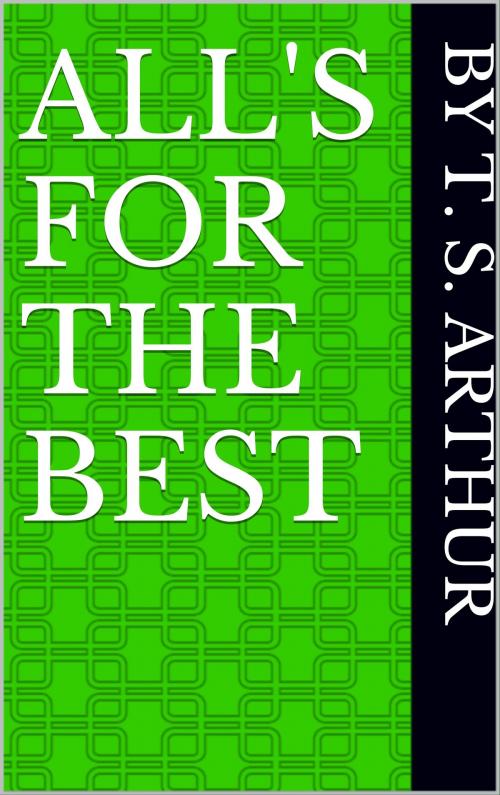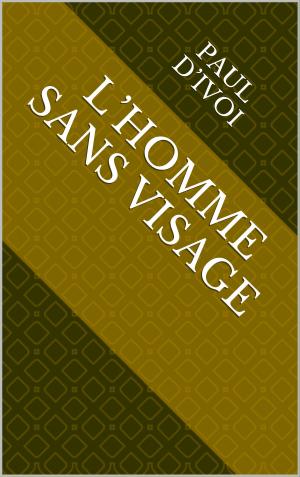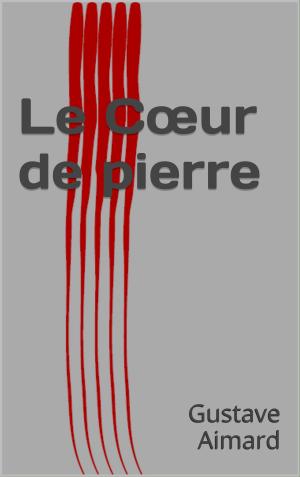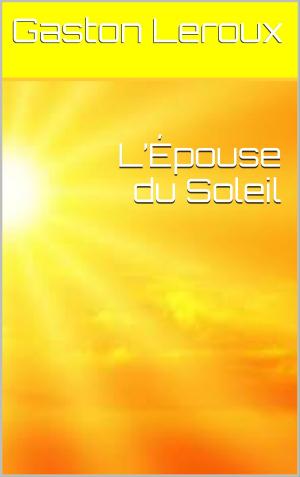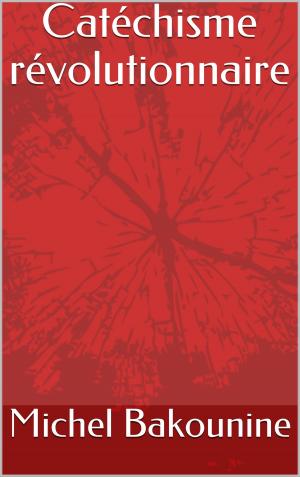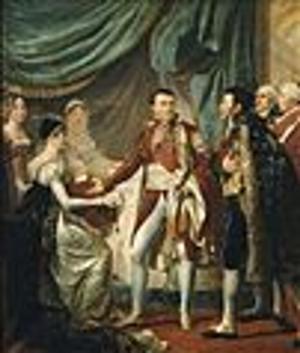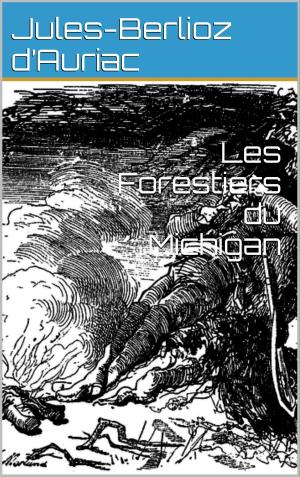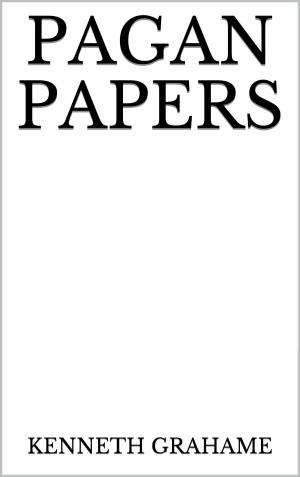| Author: | T. S. Arthur | ISBN: | 1230000847179 |
| Publisher: | CP | Publication: | December 15, 2015 |
| Imprint: | Language: | English |
| Author: | T. S. Arthur |
| ISBN: | 1230000847179 |
| Publisher: | CP |
| Publication: | December 15, 2015 |
| Imprint: | |
| Language: | English |
"I have no faith in anything," said a poor doubter, who had trusted in human prudence, and been disappointed; who had endeavored to walk by the lumine of self-derived intelligence, instead of by the light of divine truth, and so lost his way in the world. He was fifty years old! What a sad confession for a man thus far on the journey of life. "No faith in anything."
"You have faith in God, Mr. Fanshaw," replied the gentleman to whom the remark was made.
"In God? I don't know him." And Mr. Fanshaw shook his head, in a bewildered sort of way. There was no levity in his manner. "People talk a great deal about God, and their knowledge of him," he added, but not irreverently. "I think there is often more of pious cant in all this than of living experience. You speak about faith in God. What is the ground of your faith?"
"We have internal sight, as well as external sight."
There was no response to this in Mr. Fanshaw's face.
"We can see with the mind, as well as with the eyes."
"How?"
"An architect sees the building, in all its fine proportions, with the eyes of his mind, before it exists in space visible to his bodily eyes."
"Oh! that is your meaning, friend Wilkins," said Mr. Fanshaw, his countenance brightening a little.
"In part," was replied. "That he can see the building in his mind, establishes the fact of internal sight."
"Admitted; and what then?"
"Admitted, and we pass into a new world—the world of spirit."
Mr. Fanshaw shook his head, and closed his lips tightly.
"I don't believe in spirits," he answered.
"You believe in your own spirit."
"I don't know that I have any spirit."
"You think and feel in a region distinct from the body," said Mr. Wilkins.
"I can't say as to that."
"You can think of justice, of equity, of liberty?"
"Yes."
"I have no faith in anything," said a poor doubter, who had trusted in human prudence, and been disappointed; who had endeavored to walk by the lumine of self-derived intelligence, instead of by the light of divine truth, and so lost his way in the world. He was fifty years old! What a sad confession for a man thus far on the journey of life. "No faith in anything."
"You have faith in God, Mr. Fanshaw," replied the gentleman to whom the remark was made.
"In God? I don't know him." And Mr. Fanshaw shook his head, in a bewildered sort of way. There was no levity in his manner. "People talk a great deal about God, and their knowledge of him," he added, but not irreverently. "I think there is often more of pious cant in all this than of living experience. You speak about faith in God. What is the ground of your faith?"
"We have internal sight, as well as external sight."
There was no response to this in Mr. Fanshaw's face.
"We can see with the mind, as well as with the eyes."
"How?"
"An architect sees the building, in all its fine proportions, with the eyes of his mind, before it exists in space visible to his bodily eyes."
"Oh! that is your meaning, friend Wilkins," said Mr. Fanshaw, his countenance brightening a little.
"In part," was replied. "That he can see the building in his mind, establishes the fact of internal sight."
"Admitted; and what then?"
"Admitted, and we pass into a new world—the world of spirit."
Mr. Fanshaw shook his head, and closed his lips tightly.
"I don't believe in spirits," he answered.
"You believe in your own spirit."
"I don't know that I have any spirit."
"You think and feel in a region distinct from the body," said Mr. Wilkins.
"I can't say as to that."
"You can think of justice, of equity, of liberty?"
"Yes."
